A university student, David Oaga Mokaya, is set to undergo a full trial after a court ruled that he must answer to charges of spreading false information and posting a manipulated funeral image with misleading captions.
Despite Mokaya’s plea for a review of the case—and his bold question on whether President William Ruto would testify—the court confirmed on Wednesday, March 19, that the Director of Public Prosecutions (DPP) has no plans to drop the charges.
With the prosecution pushing forward, the court scheduled the high-stakes hearing for May 29.
Mokaya, through his lawyer Danstan Omari, defended himself, stating: “The student is being prosecuted simply for posting a casket on Twitter. This raises serious concerns about a citizen’s right to criticize their leader—especially their president.”
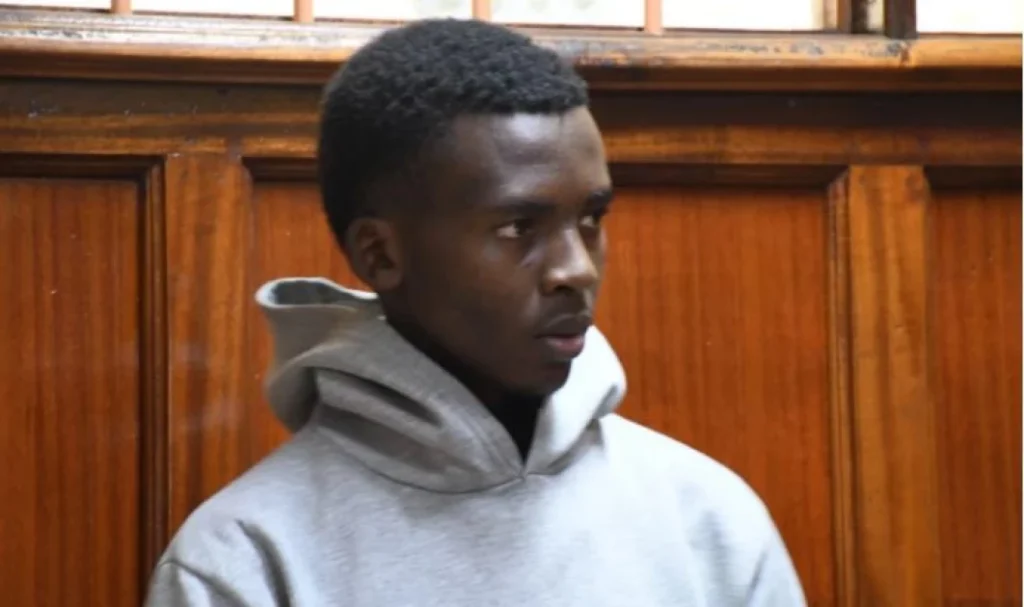
Meanwhile, the Law Society of Kenya (LSK) has jumped into the legal battle, demanding clarity on whether President Ruto will take the stand and questioning the court’s jurisdiction over the case.
The prosecution claims that Mokaya, under his X handle “Landlord @bozgabi,” posted an image on November 13, 2024, falsely implying that President Ruto’s body was being removed from a funeral home. The doctored photo, which featured a flag-draped casket escorted by military officers, was allegedly meant to deceive the public and create a false narrative about the Head of State.
As the trial looms, questions about freedom of expression, online misinformation, and political crackdowns take center stage. Will this case set a new precedent—or is it a warning to dissenters?


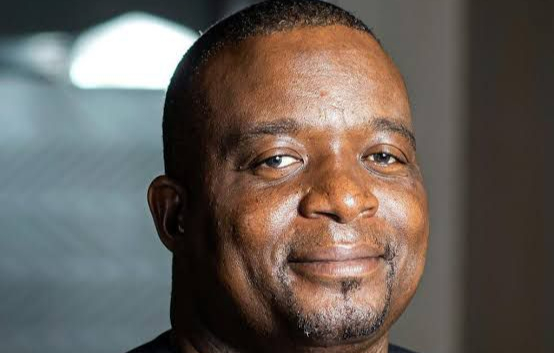
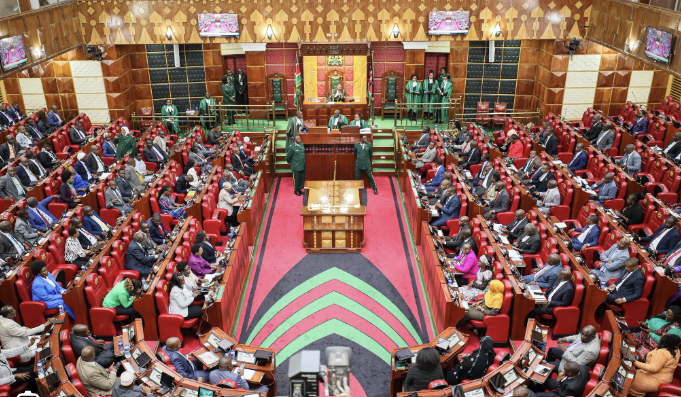

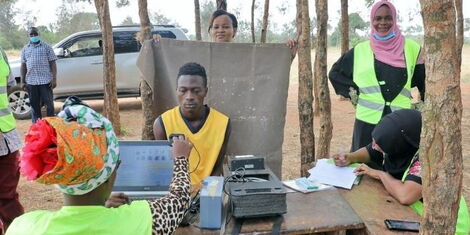
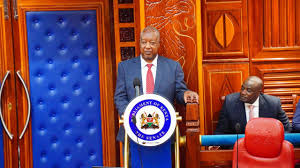
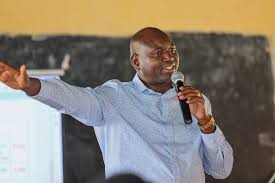

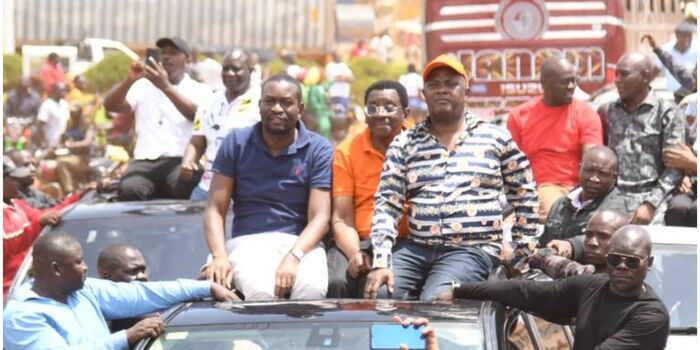
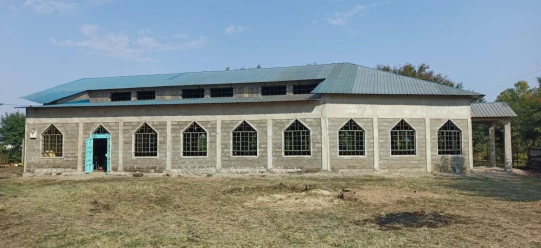

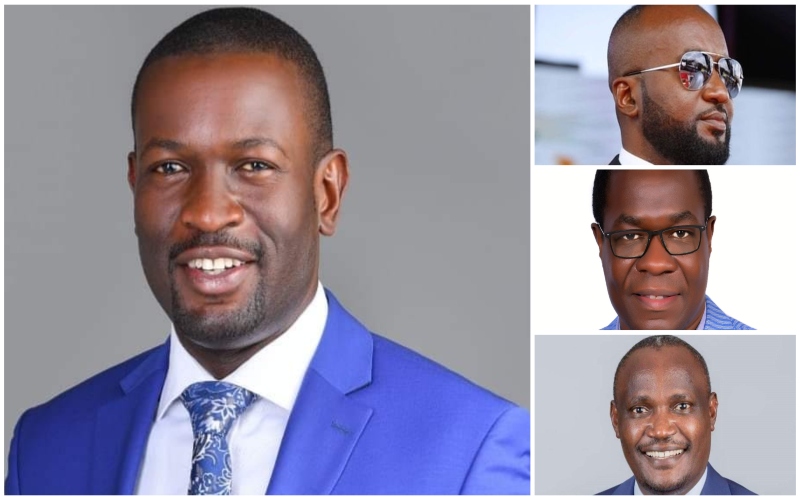
Leave a Reply